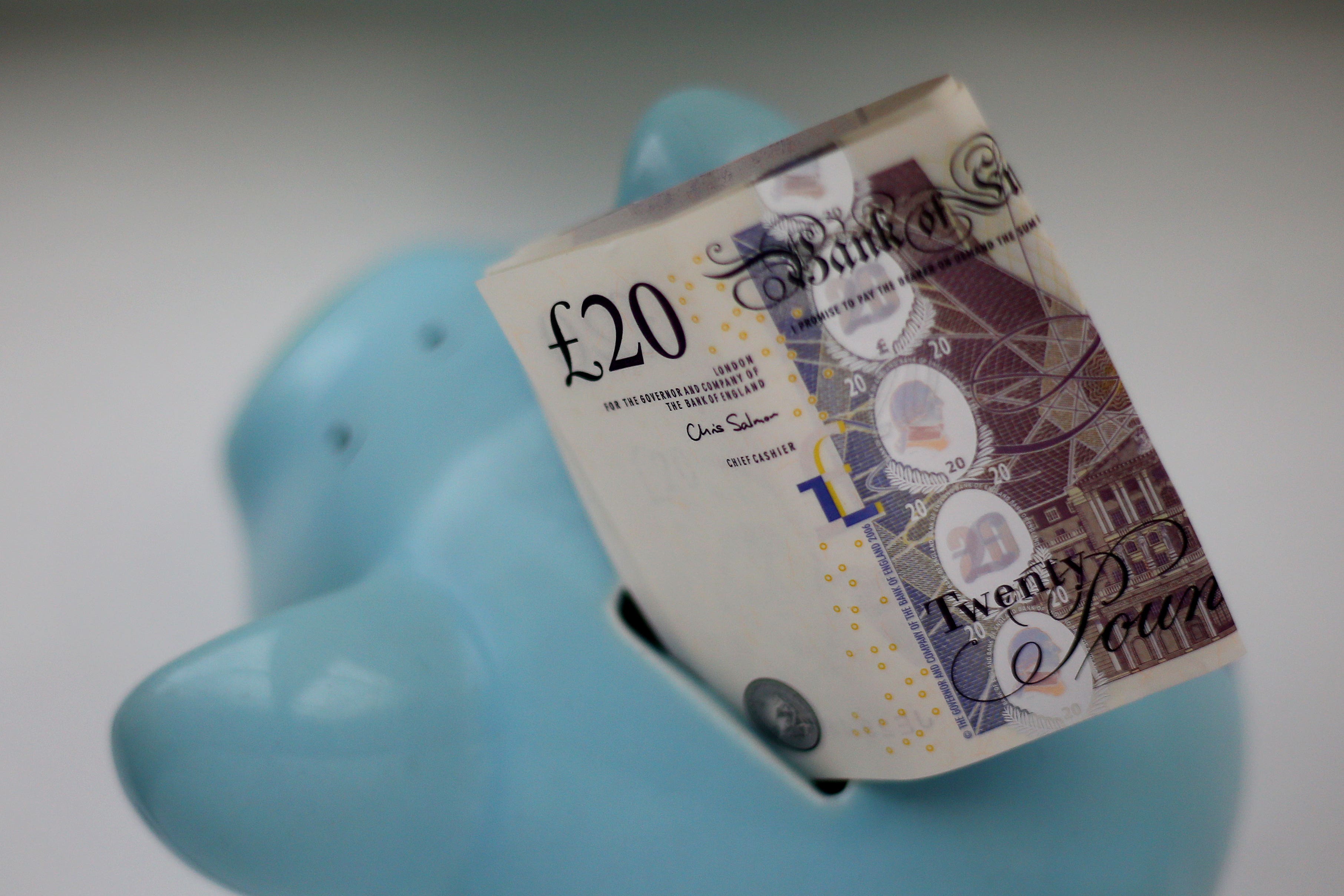Sunak signals state pension could rise by almost 8% as he commits to triple lock
Under the triple lock, the state pension is uprated in April by inflation, wages or 2.5%, whichever is higher.

Your support helps us to tell the story
From reproductive rights to climate change to Big Tech, The Independent is on the ground when the story is developing. Whether it's investigating the financials of Elon Musk's pro-Trump PAC or producing our latest documentary, 'The A Word', which shines a light on the American women fighting for reproductive rights, we know how important it is to parse out the facts from the messaging.
At such a critical moment in US history, we need reporters on the ground. Your donation allows us to keep sending journalists to speak to both sides of the story.
The Independent is trusted by Americans across the entire political spectrum. And unlike many other quality news outlets, we choose not to lock Americans out of our reporting and analysis with paywalls. We believe quality journalism should be available to everyone, paid for by those who can afford it.
Your support makes all the difference.Rishi Sunak has signalled that state pensions could go up next year by almost 8% as he committed to maintaining the “triple lock”.
Under the triple lock, the state pension is uprated in April by inflation, wages or 2.5%, whichever is higher.
Wage growth is currently the highest of the three metrics, reaching 7.8% in June compared with the same period 12 months earlier.
But while inflation is higher than we would like, I also believe it is right to step in and help people with the pressures that it brings
The Prime Minister said the Government is “committed to its policy on the triple lock”.
Asked by ITV News during a visit to Leicester on Wednesday whether he was uncomfortable with potentially uprating the state pension by almost 8%, Mr Sunak said: “No, I think the most important thing is that we continue to bring inflation down more generally.
“But while inflation is higher than we would like, I also believe it is right to step in and help people with the pressures that it brings.”
Listing financial support given to the public, including assistance with energy bills and cost-of-living relief payments, the Conservative Party leader said it was “right” that the Government helped the “most vulnerable through a tough time” while tackling inflation.
Mr Sunak has made halving inflation by the end of the year one of his top five priorities ahead of a likely general election in 2024.
He committed to bringing down Consumer Prices Index inflation to around 5.3% by the end of the year.
On Wednesday, the Office for National Statistics (ONS) said CPI was 6.8% in July, down from 7.9% in June.
But rising wages could lead to a jump in inflation as a result of increased spending.
While outside of the 2023 time frame set by the Prime Minister for his target, an increase in the state pension could also fuel inflation for similar reasons.
Mr Sunak said pay rises needed to become “sustainable” but said the Government would not “intervene” in private sector salary increases.
He said: “I want people to be paid more, but that means we have to have a growing economy where productivity is rising.
“That is how you have sustainable long-term increases in people’s pay packets.”
The ONS on Tuesday revealed that regular pay growth, which excludes bonuses, reached a record 7.8% compared with a year earlier for the quarter to June.
The base state pension rate is currently worth £203.85 per week.
An increase in line with 7.8% wage growth would lead to a £15.90 weekly rise.
The triple lock is based on average earnings growth measured from May to July each year, meaning it is likely to be figures published next month that could dictate the state pension rise in spring 2024, as long as it is higher than the inflation figure in September.
Steve Webb, a former pensions minister, said it was likely that Chancellor Jeremy Hunt would need to find £2 billion more for pensions than he had anticipated in March, with the spring Budget anticipating a 6.2% hike.
The former Liberal Democrat MP said the triple lock wage growth measure included bonuses, taking a possible rise beyond 8%.
The ONS reported that wage growth stood at 8.2% in the quarter to June, compared with 12 months previous, when bonus payments were factored in.
In April, the application of the triple lock saw retirees given a 10.1% increase to match inflation.
Work and Pensions Secretary Mel Stride in May said that the triple lock pension commitment would remain in place until the next election.
But the Cabinet minister said he was not sure whether it would feature in the next Conservative manifesto.
The triple lock was introduced by the Tory-led coalition government in 2010 as a way of ensuring pensioner income did not lose value in real terms by offering state pension increases at least in line with inflation.
It has become seen as an important offer to older voters.